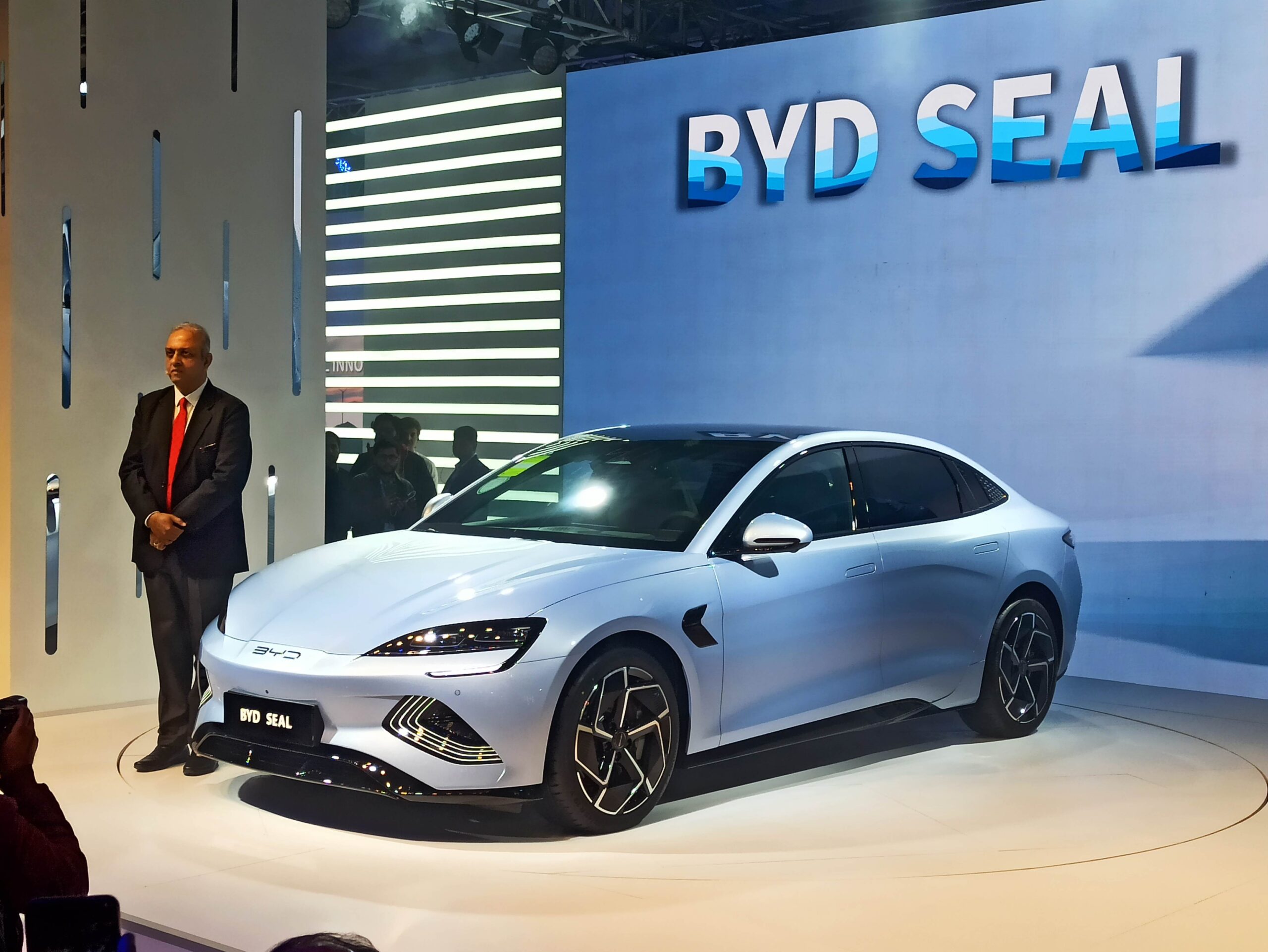Just over a week ago, BYD (Build Your Dreams), one of the world’s largest electric vehicle (EV) manufacturers, revealed its ambitious plan to invest $1 billion in India to establish an EV and battery manufacturing plant. The proposal was a joint venture with Hyderabad-based Megha Engineering and Infrastructures Ltd. However, the Indian government has now officially rejected this proposal, citing security concerns related to Chinese investments in the country.
The Department for Promotion of Industry and Internal Trade (DPIIT) sought opinions from various departments on BYD’s investment proposal. According to reports, officials involved in the discussions revealed that security concerns regarding Chinese investments were raised during the deliberations. Existing rules in India do not currently permit such investments from countries sharing a land border.
In their proposal to the DPIIT, BYD and Megha Engineering aimed to establish an electric vehicle plant in Hyderabad with a production capacity of 10,000-15,000 electric cars annually. Megha Engineering was supposed to provide the capital, while BYD would contribute technology and know-how.
This decision comes amidst ongoing tensions between India and China, leading to increased scrutiny of Chinese investments in the country. Great Wall Motor, another Chinese four-wheeler manufacturer, had faced a similar situation last year when its $1 billion investment proposal to enter the Indian market was also rejected by the government after a prolonged wait of two and a half years.
India has set an ambitious target of achieving 30% electric vehicle sales by 2030 and has introduced several incentives to promote the adoption of EVs. The rejected proposal also included plans by BYD and Megha Engineering to establish charging stations, research and development centers, and training facilities in India.
Also Read: Tesla’s Next Frontier: India, as Company Proposes New Manufacturing Plant
It’s worth noting that BYD already operates in the Indian market, offering two fully-electric cars – Atto 3 and e6. The company now plans to launch its Seal EV in India by the end of the year. The BYD Seal EV was showcased at the 2023 Auto Expo and might arrive in the Indian market through the same SKD (semi-knocked down kits) route as the Atto 3 and e6.
Previously, BYD had expressed intentions to establish manufacturing facilities in India, which currently stands as the world’s third-largest car market. With this proposal, the Chinese EV giant aimed to directly compete with Tesla, which continues to lead in global EV sales.
However, due to the Indian government’s decision, BYD’s plans for a major manufacturing presence in India have hit a roadblock. As the EV industry continues to grow and evolve, manufacturers like BYD are closely eyeing potential markets for expansion, and India’s vast consumer base presents an attractive opportunity. Nevertheless, the rejection highlights the sensitivity of security concerns surrounding foreign investments in certain sectors of the Indian economy.







